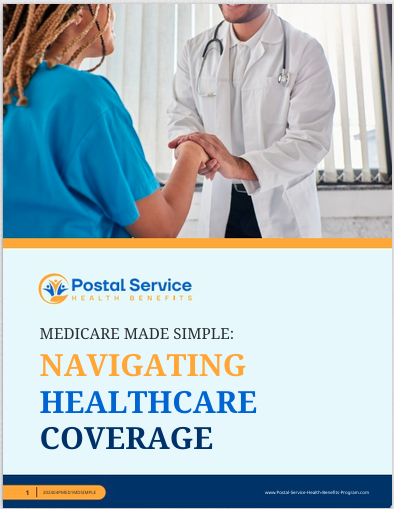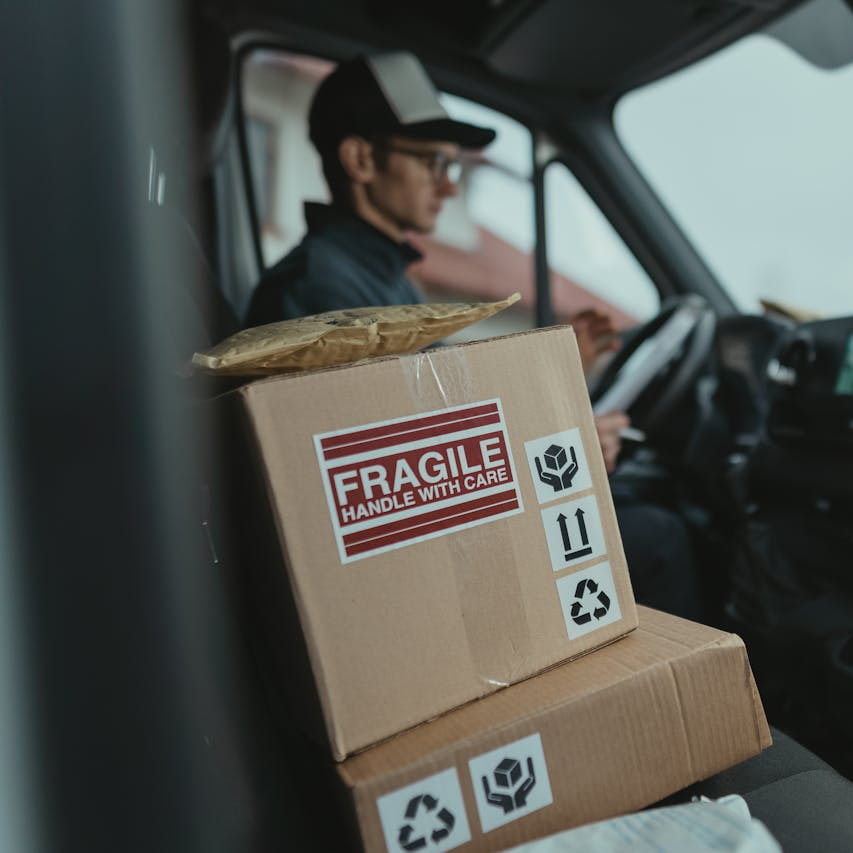Key Takeaways:
-
The Postal Service Health Benefits (PSHB) program offers comprehensive family coverage, but understanding eligibility is essential for USPS workers and retirees.
-
Knowing who qualifies for family coverage under the PSHB program ensures that postal workers can provide adequate health benefits to their loved ones.
The PSHB Program and Family Coverage: What Postal Workers Should Know About Eligibility
The Postal Service Health Benefits (PSHB) program is designed to provide healthcare coverage to U.S. Postal Service (USPS) employees, retirees, and their families. As the postal workforce navigates the complexities of health benefits, one of the most important aspects to understand is who qualifies for family coverage. This article aims to clarify eligibility requirements for family members under the PSHB program, ensuring that postal workers and their families are properly covered.
Overview of the PSHB Program
The PSHB program is a healthcare plan tailored specifically for postal workers, offering a wide range of health benefits to USPS employees and retirees. Created to meet the unique needs of postal workers, the PSHB program operates similarly to other federal health plans but is distinct in its structure and management. While many postal workers are familiar with the general framework of the program, understanding the finer details—such as family coverage eligibility—is crucial for making informed decisions about healthcare options.
Eligibility Criteria for USPS Workers
To participate in the PSHB program, postal workers must meet certain eligibility criteria. USPS employees, regardless of their position, are eligible for enrollment in the program, provided they meet the full-time employment requirements. Retired postal workers who were enrolled in the program during their employment also retain their eligibility.
One of the critical factors that distinguish the PSHB program is its family coverage component. USPS employees and retirees can extend their healthcare benefits to family members, but determining who qualifies as a family member is key to accessing full benefits under the plan.
Understanding Family Coverage
Family coverage under the PSHB program is designed to provide healthcare benefits not just for the postal worker but also for their eligible dependents. The program allows for comprehensive health coverage for family members, ensuring that USPS workers can safeguard the health and well-being of their loved ones.
Who Qualifies as a Family Member?
Under the PSHB program, family members eligible for coverage include:
- Spouse: The legally married spouse of the USPS worker or retiree is eligible for coverage under the PSHB program.
- Children: Dependent children, including biological children, adopted children, and stepchildren, are also eligible for coverage. However, eligibility is contingent on certain conditions:
- The child must be under 26 years old.
- Disabled children over the age of 26 may qualify for continued coverage, provided they meet specific criteria regarding their disability and dependency.
- Foster Children: USPS workers can include foster children under their family coverage, provided the foster child is a permanent member of the worker’s household and is financially dependent on them.
Important Exclusions
While the PSHB program provides extensive coverage for family members, there are notable exclusions:
- Parents: USPS workers’ parents or in-laws are not eligible for coverage under the PSHB program, even if they are financially dependent on the postal worker.
- Extended Family: Siblings, cousins, and other extended family members are also excluded from coverage unless they fall under the special category of foster children with a permanent dependency.
Enrolling Family Members in the PSHB Program
Enrolling eligible family members in the PSHB program is a straightforward process but requires careful attention to documentation and deadlines. Postal workers can typically enroll family members during the annual Open Season or upon experiencing a qualifying life event, such as marriage, the birth of a child, or adoption.
Open Season Enrollment
Open Season is the designated period each year when USPS employees and retirees can make changes to their health coverage. During this time, postal workers can add eligible family members to their PSHB plan, provided they submit the required documentation proving eligibility. This includes birth certificates for children, marriage certificates for spouses, and legal documents for adoptions or foster arrangements.
Qualifying Life Events (QLE)
USPS workers can also add family members outside of Open Season if they experience a qualifying life event (QLE). Common QLEs include:
- Marriage
- Birth or adoption of a child
- Divorce or legal separation (for removing a spouse)
- Death of a family member (for coverage adjustments)
To enroll a family member due to a QLE, USPS workers must notify the PSHB program within 60 days of the event and provide any required documentation to ensure smooth enrollment.
Benefits of Family Coverage Under the PSHB Program
Family coverage under the PSHB program offers several advantages that can help postal workers and their dependents maintain comprehensive healthcare. Some of these benefits include:
Comprehensive Health Services
The PSHB program offers a wide range of healthcare services, from routine doctor visits and emergency care to specialized treatments. By enrolling eligible family members, postal workers ensure that their loved ones have access to these essential services. For families with young children or individuals with chronic health conditions, this coverage provides invaluable peace of mind.
Financial Security
One of the key advantages of the PSHB program is the financial security it offers postal workers and their families. Healthcare costs can be a significant burden, but family coverage helps mitigate these expenses by offering comprehensive plans that cover a variety of medical needs. This financial protection allows families to seek necessary medical attention without the stress of overwhelming medical bills.
Flexibility in Choosing Providers
Although the PSHB program is specific to postal workers, it offers flexibility in choosing healthcare providers. Family members can access a wide network of doctors and specialists, ensuring that they receive the best care possible.
Common Misunderstandings About Family Coverage
While the PSHB program provides extensive coverage, there are common misunderstandings that postal workers should be aware of to avoid potential issues with their family’s enrollment.
Adult Children Over 26
A frequent misconception is that adult children over the age of 26 remain eligible for coverage. However, under the PSHB program, coverage for children typically ends once they turn 26, unless they are disabled and meet specific dependency criteria. This can lead to confusion, so it’s important for USPS workers to plan accordingly as their children approach the cutoff age.
Foster Child Eligibility
Some postal workers may mistakenly assume that any foster child in their care is eligible for coverage. In reality, foster children must be financially dependent on the postal worker and reside with them permanently to qualify. Temporary foster care arrangements do not meet the eligibility requirements for family coverage under the PSHB program.
Ensuring Proper Documentation for Family Coverage
One of the most crucial steps in securing family coverage under the PSHB program is providing the correct documentation. Postal workers should gather and submit all necessary paperwork, including birth certificates, marriage licenses, adoption papers, or foster care documentation, to ensure that their dependents are enrolled without issue. Failing to provide adequate documentation can delay or even result in the denial of coverage.
Looking Ahead: The Future of the PSHB Program
As the healthcare landscape continues to evolve, the PSHB program may see future changes or updates that affect family coverage. Postal workers and retirees should stay informed about any adjustments to eligibility criteria or benefits to ensure they maintain comprehensive coverage for their families. By staying up to date with program changes, postal workers can make informed decisions and protect their loved ones’ health.
Final Thoughts on PSHB Family Coverage
Navigating the Postal Service Health Benefits program’s family coverage requirements can seem daunting, but understanding the eligibility criteria ensures USPS workers and their families are adequately covered. By knowing who qualifies as a family member, keeping track of documentation, and staying aware of key deadlines like Open Season and qualifying life events, postal workers can secure essential healthcare benefits for their loved ones. As healthcare needs continue to grow, being proactive about family coverage under the PSHB program will help postal employees and retirees protect the health and well-being of their families.





